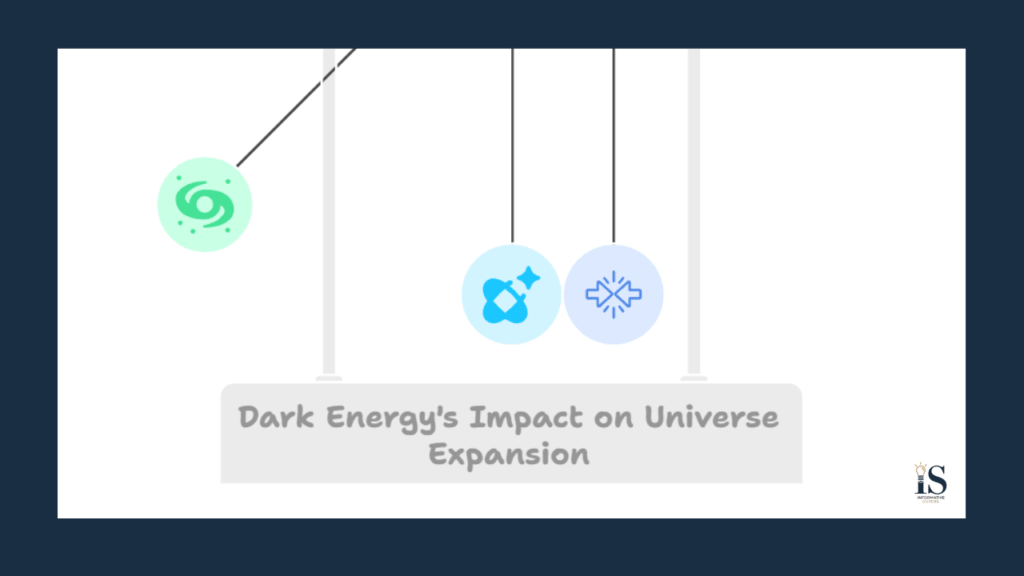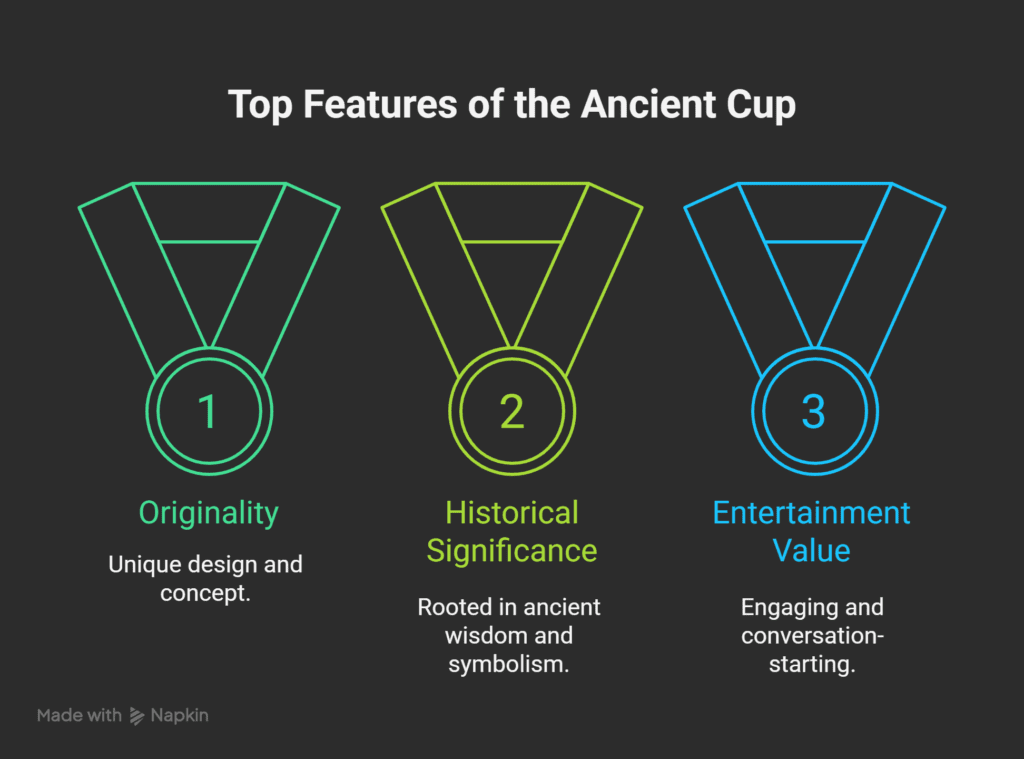Introduction
However, for some reason, in an alien universe growing faster than we ever dreamed of, powered by an unseen energy that challenges our understanding. That’s dark energy — an enigmatic force that comprises about 68 percent of the cosmos and influences its very structure. But recent observations have prompted a captivating question: might this mysterious force be waning with time?
As someone who has both professionally and personally dedicated years of study of astrophysics and the mysteries of space, I’m over the moon to jump into the topic today with you. We’ll dig into what dark energy is, why it’s important and whether there’s any good reason to think it may not always have been the same. After reading this post, not only will you understand one of the greatest mysteries of modern science, you will feel empowered to participate in the discussion of the future of our universe.
What Is Dark Energy, Exactly?
The Hidden Force behind Our Universe
To understand the importance of dark energy, let us begin with the basics. In contrast to matter or radiation, which can be sensed via light or gravity, this cosmic energy doesn’t interact with anything we’re familiar with. And yet its effects are impossible to deny — it is something like a repulsive force, driving galaxies apart at a faster and faster clip.
Key Insight: Imagine dark energy like air pressure inside a balloon. It expands to fill all available space, and you feel it pushing outward, stretching the “fabric” of spacetime.
Fun Fact: A similar concept was introduced decades ago by Albert Einstein himself, but he later dismissed it as his “biggest blunder.” And now scientists think it might provide hints about the nature of dark energy.
But here’s where things get interesting: If dark energy were truly constant, as these theories suggest, then the acceleration of the universe’s expansion would follow regular patterns. But recent studies suggest something else might be happening…
Evidence That Dark Energy May Be Weakening
What Is The Change In Cosmic Dynamics?
CHALLENGING DARK ENERGY IN 2023 In 2023, action was taken that would rewrite the story of dark energy. Let’s unpack the main findings:
Is Acceleration Slowing Down?
Using Type Ia supernovae — a kind of stellar explosion that can serve as a cosmic distance marker — observations see variation in the speed at which galaxies are receding from us. Although still provisional, these results suggest that dark energy’s power may not be constant after all.
Quasar Data Adding New Clues
Quasars, some of the brightest objects in the universe, are powered by supermassive black holes and can act like natural beacons across huge distances. They light up alterations in the density of dark energy over billions of years.
These data shed new light on how the Universe works.” “If it is confirmed, it could change textbooks.
Computer Models Supporting Change
Some advanced simulations that model the evolution of the universe show that slightly different strengths of dark energy lead to better-matching outcomes with real-world observations than models that assume it is constant.
The implications, however, are significant, even if skeptics say this only makes sense with more data as the dust settles before reaching final conclusions. And if dark energy is truly fading, it becomes a question for the Tardiffia regarding the eventual destiny of the universe itself.
Why Dark Energy Matters.
Linking Science with Real World
You might be thinking: At first glance, dark energy has no relevance to your daily life. How does something so far away have a hand in your morning coffee, your evening commute, etc.? Here’s why it matters:
Knowing Our Role in the Universe: Learning about dark energy helps us better appreciate the delicate balance that’s keeping stars, planets and life itself in one piece.
THE MAKER’S SPACE: Discoveries in physics count to technical innovations. For example, without the consideration of relativistic effects predicted by Einstein’s theories, GPS would be useless.
Blueprint for Future Exploration: NASA’s James Webb Space Telescope and other missions are poised to delve deeper into the mysteries of dark energy, opening up frontiers of knowledge potentially never before imagined.
“It may come as a surprise to some,” she writes, “but we’ve known a lot about the universe even before I was born. As a kid, I remember trying to get a sense of the vastness of the universe by looking up at the night sky. I wondered if humanity would ever solve the mysteries of the cosmos. And now, to witness cutting-edge research address questions long out of reach is awe-inspiring — and hopeful.

The Big Idea: Where Do We Go From Here?
Is Dark Energy Dying — Or Is Surprise Ahead?
If dark energy is substantially weakened, the following could happen:
Scenario 1: A More Gradual Expansion Rate
With less repulsion, galaxies might stop speeding away from each other as fast. Over billions of years, that could allow gravity to regain some dominion, creating a more stable universe.
Scenario 2: Collapse Into a “Big Crunch”
In a more dramatic turn, weakened dark energy could prepare the ground for gravity to negate cosmic expansion completely, leading to a cataclysmic implosion dubbed the Big Crunch.
Scenario 3: Something Completely Different
Nature loves surprises. Maybe dark energy isn’t weakening uniformly — or some other unknown force is interacting with the equation. As Carl Sagan once said, “Somewhere, something incredible is waiting to be known.”
Conclusion
Dark energy is among the most compelling mysteries in science, and recent findings tease tantalizing prospects. Whether it has been diminishing, evolving or just plain acting erratically, this cosmic force still remains the foundation for how we are able to view reality.
May your curiosity about the marvels of the universe be sparked from this exploration. If you enjoyed this post, share it with friends who enjoy mulling over the big questions of life — or post in the comment section below with your opinions! And remember to subscribe for more from the cutting edge of science and beyond.
Together, let us continue chasing those celestial answers. 🌌Cause who knows we might find answers someday
thirsty for more? Check this link out







